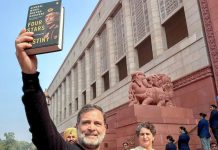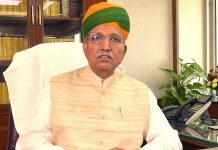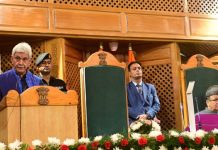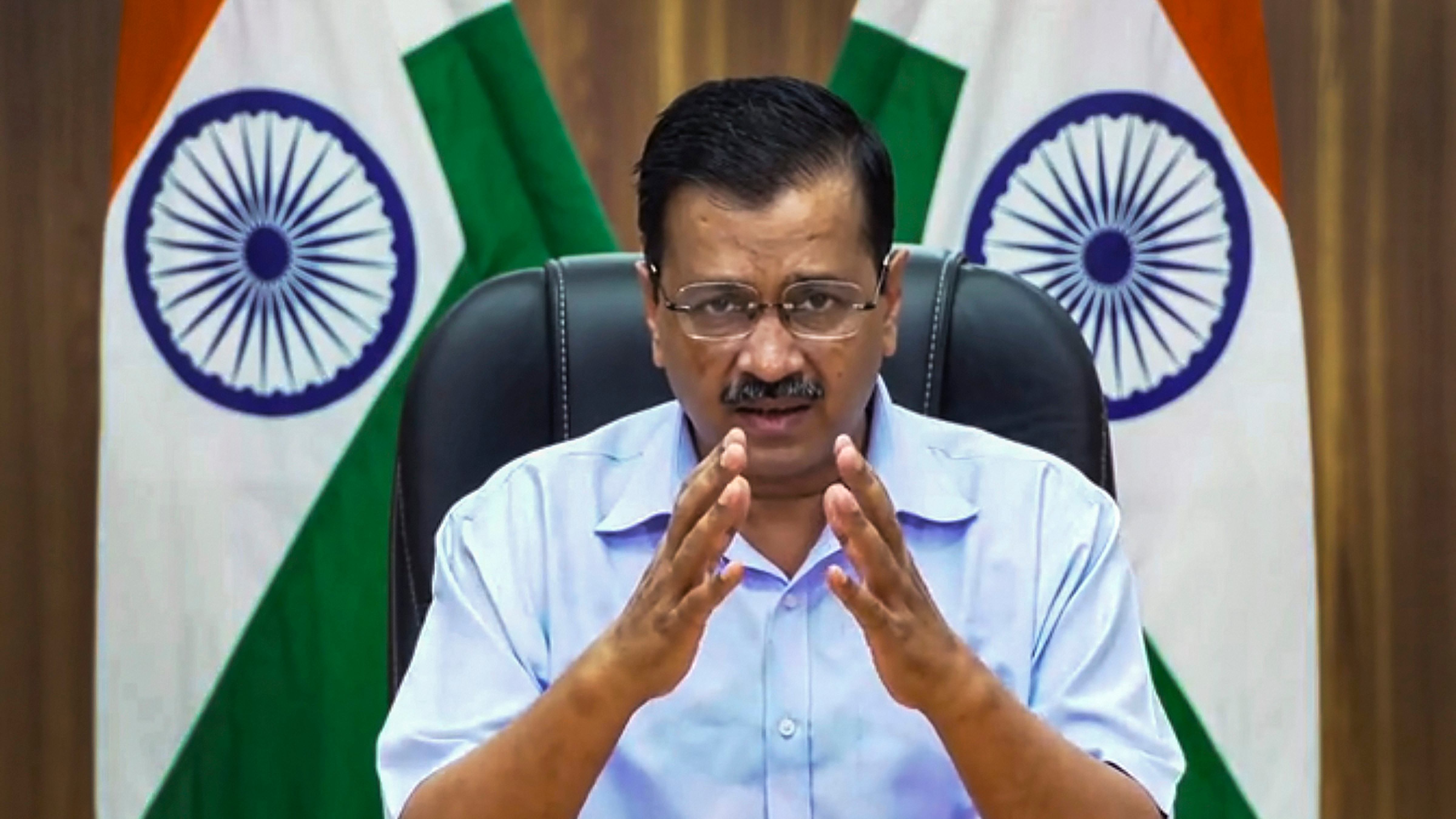
The deadlock between the Delhi government and the Centre over who should control bureaucracy in the national capital has now reached a five-judge Constitution Bench of the Supreme Court of India. A report by Amit Agnihotri
The old dispute between the Delhi government and the Centre over who should control bureaucracy in the national capital has now reached a five-judge Constitution Bench of the Supreme Court of India.
The issue started with a tussle between Lt Governors Najeeb Jung and then Anil Baijal, and the elected government of chief minister Arvind Kejriwal and has remained unresolved since the top court delivered a split verdict on February 14, 2019 over control of administrative services in Delhi.
The matter had been referred to a three-judge Bench which took it up along with the Delhi government’s fresh petition against the amended Government of NCT of Delhi Act, 2021.
The top court recently agreed to the demand made by the Centre that the interpretation of Article 239 AA should be examined in a holistic way and referred the matter to a five-judge Constitution Bench.
A three-judge Bench headed by Chief Justice of India NV Ramana, and comprising Justice Surya Kant and Justice Hima Kohli, said the issue related to ‘Services’ alone shall be decided by the Constitution Bench, which will commence hearing from May 11.
On April 28, the Supreme Court had reserved its verdict on the Centre’s plea to refer the issue to a Constitution Bench after hearing Solicitor General Tushar Mehta who insisted that the matter should be considered by a larger Bench as earlier judgments didn’t give “any roadmap” to decide if the Centre or the Delhi government was competent to deal with the dispute at hand.
Mehta had described Delhi as the “face of the nation”, and defended the Centre’s control over transfers and postings of bureaucrats in Delhi but the Delhi government, represented by senior advocate Abhishek Manu Singhvi, took exception to his submissions.
Singhvi opposed the demand for referring the issue to a five-judge Bench, saying “This court is not here to refer every time the slightest thing is pointed out. How does this matter, if there were three or five judges. It is not about why not, it is about why.”
Arguing that there was no ambiguity in the 2018 Constitution Bench judgment, Singhvi said that if there was any ambiguity in the case, the three judge Bench too could decide it.
The dispute arose in 2016 and the matter reached the high court. In 2018, the elected government had appealed to the top court against a Delhi High Court order that said that the LG was the administrative head of Delhi.
Later, the five-judge Constitution Bench of the Supreme Court had held that while the Lieutenant Governor must be informed about Delhi cabinet decisions, his concurrence was not needed except in the case of police, public order and land.
The status of the Lieutenant Governor of Delhi is not that of a Governor of a State, rather he remains an administrator, in a limited sense, working with the designation of Lieutenant Governor,” the judges had said.
he judges had ruled that the Lieutenant Governor was “bound by the aid and advice of the council of ministers” and that “the Lieutenant Governor had not been entrusted with any independent decision-making power”.
The issue came into focus again in 2021 when President Ram Nath Kovind on March 28 gave his assent to the Government of National Capital Territory of Delhi (Amendment) Bill that gave more powers to Delhi’s Lieutenant Governor.
According to the bill, the ‘government’ in Delhi meant the ‘Lieutenant Governor’ in the context of any law made by the assembly and it would be mandatory for the government to take the opinion of the LG before taking any executive action.
The legislation had riled chief minister Arvind Kejriwal, who, along with Aam Aadmi Party leaders, had staged a protest at Jantar Mantar and alleged the Centre wanted to weaken his government.
Kejriwal had said the BJP ruling the Centre was scared of the development work done by his government and his Aam Aadmi Party which had won 62 of 70 seats in 2020 assembly polls. The BJP had got only eight seats and Congress had nil.
Kejriwal had further alleged that the Central government had ignored the 2018 Supreme Court order which had clarified that the elected government should have more powers and the LG should act as per the advice of the council of ministers.
Interestingly, while the previous tenure of the Kejriwal government was marked by bitter confrontation with the then LG Najeeb Jung and later LG Anil Baijal on almost every issue, his approach has been more reconciliatory in the second term.
After the Kejriwal government’s tussle with the Delhi LG had reached the Supreme Court, in July 2018 a five-judge Constitution Bench had laid down broad parameters on how the national capital should be governed.
According to the top court, the LG had no independent decision-making power and he had to make decisions on the advice of the cabinet.
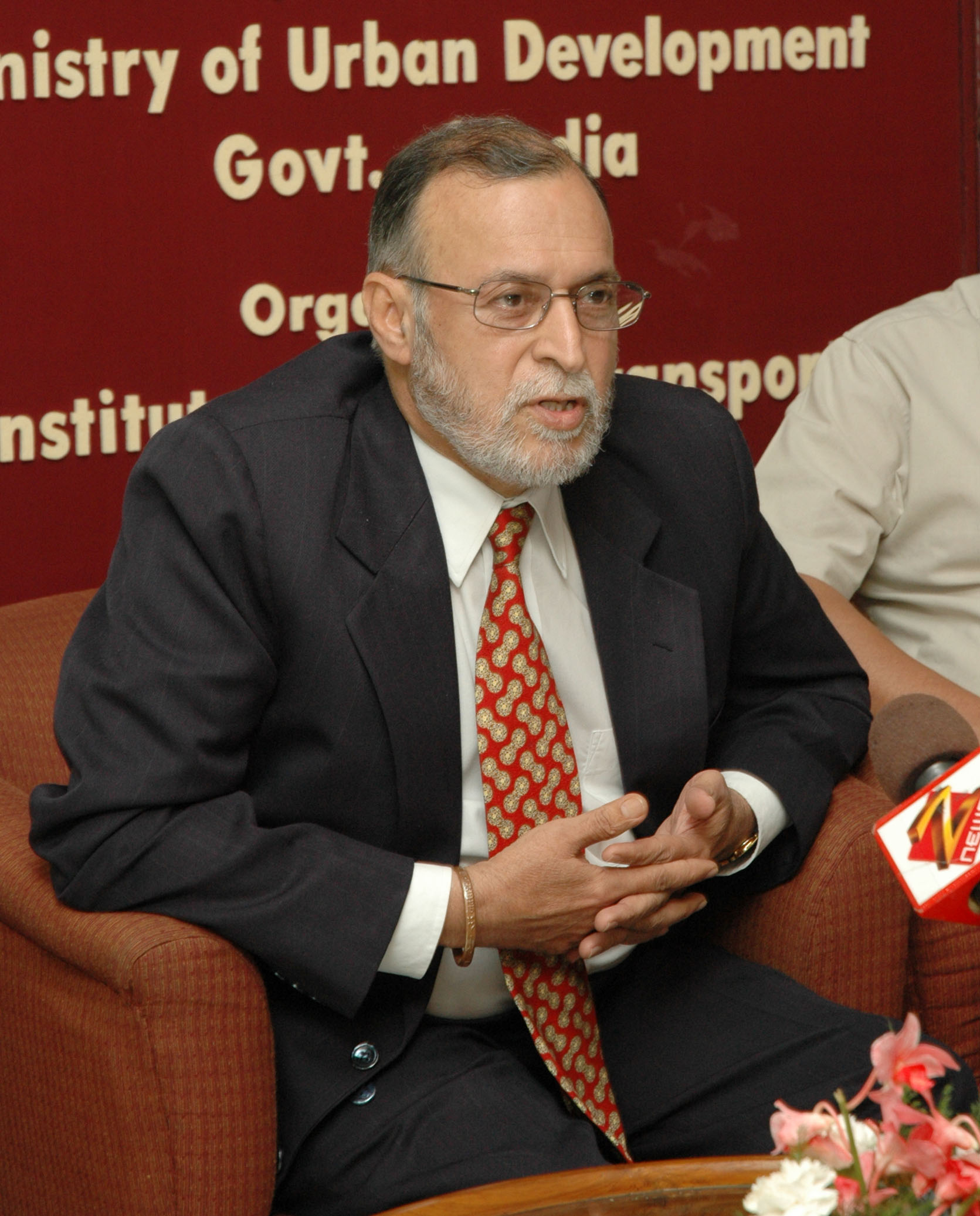
In September the same year, the Centre had told the top court that Delhi’s administration cannot be left alone to the government and that the Centre had an extraordinary position as Delhi was the national capital.
The Congress, which usually targets the AAP government, had backed the ruling party on the controversial bill saying the grand old party “was against the autocracy of the central government which wanted to murder democracy through the legislation.”
Delhi Congress chief Anil Kumar Chaudhary had questioned the bill saying if the government meant LG, what was the meaning of an elected government. “Where will people go if the Delhi government means the LG? Then why elections were conducted. Why did people vote,” he said.
Calling for Constitutional pragmatism and underlining the clear separation of powers, the Bench of then Chief Justice of India Dipak Misra and Justices A K Sikri, A M Khanwilkar, D Y Chandrachud and Ashok Bhushan, in three separate yet concurring orders had made it clear that “the status of the Lieutenant Governor of Delhi was not that of a Governor of a State, rather he remained an Administrator, in a limited sense, working with the designation of Lieutenant Governor”.
The Bench had also said that “at the same time, the Council of Ministers being headed by the Chief Minister should be guided by values and prudence accepting the Constitutional position that the NCT of Delhi is not a State”.
The judges had ruled that “the scheme that had been conceptualised by the insertion of Articles 239AA and 239AB read with the provisions of the Government of National Capital Territory of Delhi Act, 1991 and the corresponding Transaction of Business Rules, 1993 indicated that the Lieutenant Governor, being the administrative head, shall be kept informed with respect to all the decisions taken by the Council of Ministers”.
In September 2021, the Delhi government had challenged the amended Government of NCT of Delhi Act, 2021 in the top court.
On March 3, 2022, the top court had issued notice to the Centre on Delhi government’s petition challenging the validity of said Act and Rule 13 of the Transaction of Business Rules, 1993 which allegedly gave more powers to the Lieutenant Governor.
The law was controversially cleared in Parliament in March amid opposition protests in both the Houses. When the Bill was cleared in Parliament, Delhi Chief Minister Arvind Kejriwal had called it a “sad day for Indian democracy”.
The government, while bringing the Bill in the March session, claimed it would “further define” the responsibilities of the elected government and the Lieutenant Governor “in line with the constitutional scheme of governance… as interpreted by the Supreme Court.”
Arvind Kejriwal had then called the development an “insult” to the people of Delhi and said it “effectively took away powers from those who were voted by people and gave power to run Delhi to those who were defeated.”
Kejriwal had accused the BJP of trying to rule Delhi by proxy through the Lieutenant Governor and blocking the elected government’s plans.

